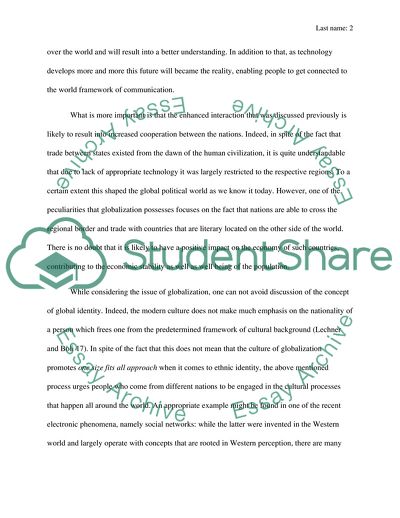Cite this document
(Globalist and Sceptical Perspective on Globalisation Coursework, n.d.)
Globalist and Sceptical Perspective on Globalisation Coursework. https://studentshare.org/sociology/1853255-compare-and-contrast-globalist-and-sceptical-perspective-on-globalisation
Globalist and Sceptical Perspective on Globalisation Coursework. https://studentshare.org/sociology/1853255-compare-and-contrast-globalist-and-sceptical-perspective-on-globalisation
(Globalist and Sceptical Perspective on Globalisation Coursework)
Globalist and Sceptical Perspective on Globalisation Coursework. https://studentshare.org/sociology/1853255-compare-and-contrast-globalist-and-sceptical-perspective-on-globalisation.
Globalist and Sceptical Perspective on Globalisation Coursework. https://studentshare.org/sociology/1853255-compare-and-contrast-globalist-and-sceptical-perspective-on-globalisation.
“Globalist and Sceptical Perspective on Globalisation Coursework”. https://studentshare.org/sociology/1853255-compare-and-contrast-globalist-and-sceptical-perspective-on-globalisation.


